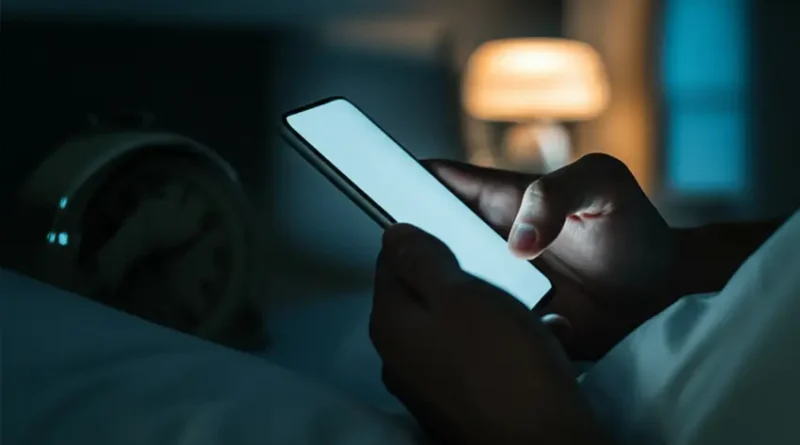How Blue Light Affects Your Sleep and How to Fix It
In today’s digital age, we are constantly surrounded by screens – from smartphones and tablets to laptops and LED lights. As convenient as these technologies are, they also expose us to blue light, a type of high-energy visible (HEV) light that can significantly disrupt our sleep patterns. Understanding how blue light affects sleep and implementing strategies to mitigate its impact is crucial for everyone seeking to improve their sleep quality.
Research has shown that exposure to blue light in the evening can interfere with our body’s natural circadian rhythms. The circadian rhythm, our internal biological clock, regulates hormones like melatonin, which plays a key role in promoting sleep. Blue light suppresses melatonin production, making it harder to fall asleep and maintain restful sleep throughout the night.
One significant source of blue light is electronic screens. When individuals use their devices in the hours leading up to bedtime, they inadvertently disrupt their sleep-wake cycle. This is particularly problematic for teenagers and young adults, who often engage in late-night screen time during studies or recreational activities.
Understanding Blue Light
Blue light is present in natural sunlight; however, our bodies are designed to be active during the day and rest at night. The problem arises when artificial sources of blue light become prevalent, especially during the evening. Devices such as smartphones, tablets, laptops, and television screens emit a significant amount of blue light, which can trick our brains into thinking it is still daytime.
This exposure can lead to a range of sleep issues, including difficulty falling asleep, poor quality sleep, and feeling fatigued during the day. Consequently, it becomes essential to understand specific ways to combat the adverse effects of blue light on our sleep quality.
How Blue Light Disrupts Sleep
The connection between blue light exposure and sleep disruption begins with our biological makeup. As the sun sets, our body recognizes that it is time to wind down. The brain releases melatonin, signaling to the body that it is time to rest. However, blue light exposure in the evening inhibits this process. Recent studies have shown that even small amounts of blue light can have a significant impact on melatonin levels.
This disruption can lead to a cycle of poor sleep quality, where individuals find themselves increasingly tired but unable to sleep well. Sleep deprivation can lead to a myriad of health challenges, including memory impairment, mood fluctuations, and weakened immunity.
Strategies to Mitigate Blue Light’s Effects
While avoiding screens entirely may not be possible, there are numerous strategies that individuals can implement to reduce blue light exposure before bedtime:
1. Use Night Mode on Devices
Many smartphones and tablets now offer a ‘night mode’ or ‘blue light filter’ that reduces the amount of blue light emitted from screens. This feature adjusts the display to a warmer tone, minimizing blue light exposure during evening hours.
2. Limit Device Use Before Bed
A general rule of thumb is to cease using electronic devices at least one hour before bedtime. Instead, consider replacing screen time with activities that promote relaxation, such as reading a book, taking a warm bath, or meditating.
3. Invest in Blue Light Blocking Glasses
For those who must use screens during evening hours, blue light blocking glasses are an effective solution. These glasses filter out a significant portion of blue light, thus reducing its impact on melatonin production.
4. Create a Sleep-Friendly Environment
Ensuring that your sleeping environment is dark and free from bright lights can further enhance sleep quality. Consider using blackout curtains or sleep masks to block ambient light in your bedroom. Moreover, using dim red or orange lights in the evening can create a calming environment that fosters better sleep.
5. Adopt a Consistent Sleep Schedule
One of the most effective ways to regulate your sleep-wake cycle is to maintain a consistent sleep schedule. Aim to go to bed and wake up at the same time each day, even on weekends. This practice can help reinforce your body’s natural circadian rhythm and improve overall sleep quality.
By being mindful of our blue light exposure and implementing these practical strategies, we can reclaim healthy sleep patterns and enhance our overall well-being.

